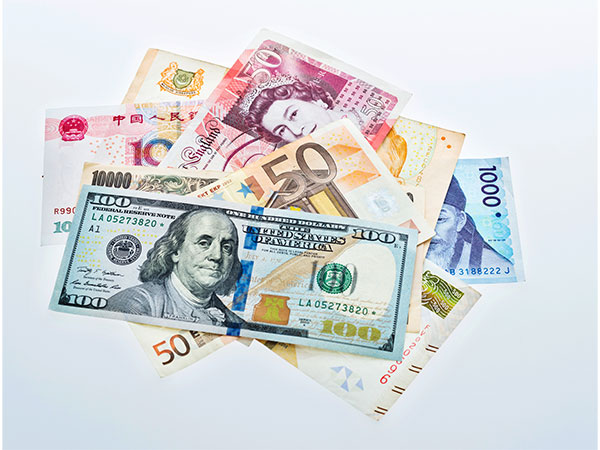
New Delhi: India's foreign exchange reserves have come off their all-time high, after touching a record high last week. It broke the consecutive three-week rising streak.
In the week that ended on July 26, the foreign exchange kitty declined by USD 3.471 billion to USD 667.386 billion, official data from the Reserve Bank of India (RBI) showed on Friday.
In the week that ended on July 19, the foreign exchange kitty had touched a record high of USD 670.857 billion. The previous high was at USD 666.85 touched last week.
The reserves have been rising on and off for a long time now. So far in 2024, they have risen by about USD 40-45 billion, on a cumulative basis. The buffer of foreign exchange reserves insulates domestic economic activity from global spillovers.
According to the latest data released by the Reserve Bank of India (RBI), India's foreign currency assets (FCA), the biggest component of the forex reserves, declined USD 1.171 billion to USD 586.877 billion.
Gold reserves during the week declined USD 2.297 billion to USD 57.695 billion.
India's foreign exchange reserves are now sufficient to cover over 11 months of projected imports.
In the calendar year 2023, the RBI added about USD 58 billion to its foreign exchange kitty. In 2022, India's forex kitty slumped by USD 71 billion cumulatively.
Forex reserves, or foreign exchange reserves (FX reserves), are assets that are held by a nation's central bank or monetary authority.
It is generally held in reserve currencies, usually the US Dollar and, to a lesser degree, the Euro, Japanese Yen, and Pound Sterling.
There has been a decline in forex reserves last year. Much of the decline after that can be attributed to a rise in the cost of imported goods in 2022.
Also, the relative fall in forex reserves could be linked to the RBI's intervention, from time to time, in the market to defend the uneven depreciation in the rupee against a surging US dollar.
Typically, the RBI, from time to time, intervenes in the market through liquidity management, including through the sale of dollars, to prevent a steep depreciation in the rupee.
The RBI closely monitors the foreign exchange markets and intervenes only to maintain orderly market conditions by containing excessive volatility in the exchange rate, without reference to any pre-determined target level or band.